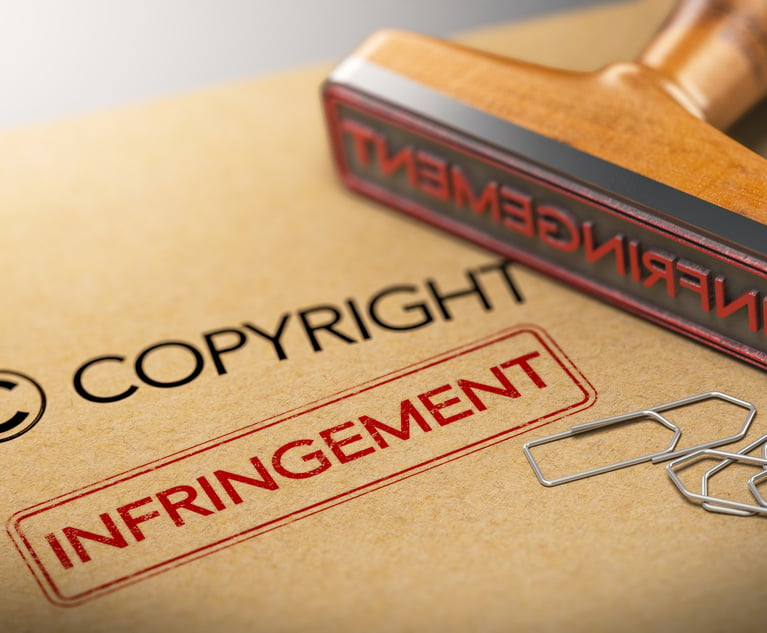Under §507(b) of the Copyright Act, an infringement claim is timely only if it is commenced within three years after the claim “accrue[s].” Eleven of the 13 circuits, including the U.S. Court of Appeals for the Second Circuit, have interpreted this language to permit claims to be deemed timely if they are filed within three years after the plaintiff discovered, or “with due diligence should have discovered,” the infringement of its rights.
The Supreme Court has not directly endorsed this judicially-created “discovery rule.” But as this column discussed in May, the court’s recent 6-3 ruling in Warner Chappell Music Inc. v. Nealy, No. 22-1078, 601 U.S. ___ (2024) assumed, without deciding, that it was a permissible reading of § 507(b).


